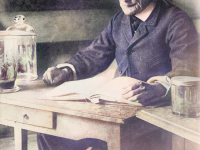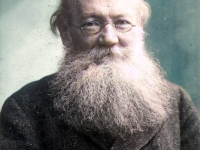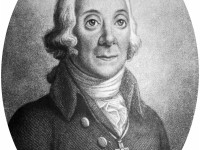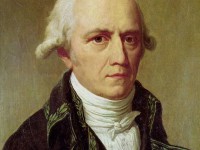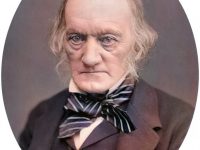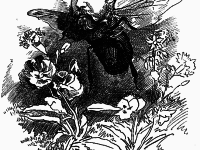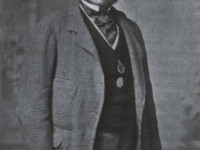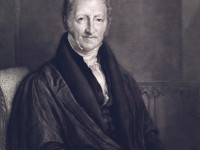Jean-Henri Fabre – The Virgil of Insects
On December 22, 1821, French entomologist Jean-Henri Fabre was born. Being a prolific author, his greatest achievement lies in the polularization of insect natural history. Victor Hugo dubbed him “the insects’ Homer” and Edmond Rostand named him the “Virgil of insects.” Darwin cited him as “an incomparable observer.” “Book-knowledge is a poor resource … In many cases, ignorance is a good thing: the mind retains its freedom of investigation and does not stray…
Read more

